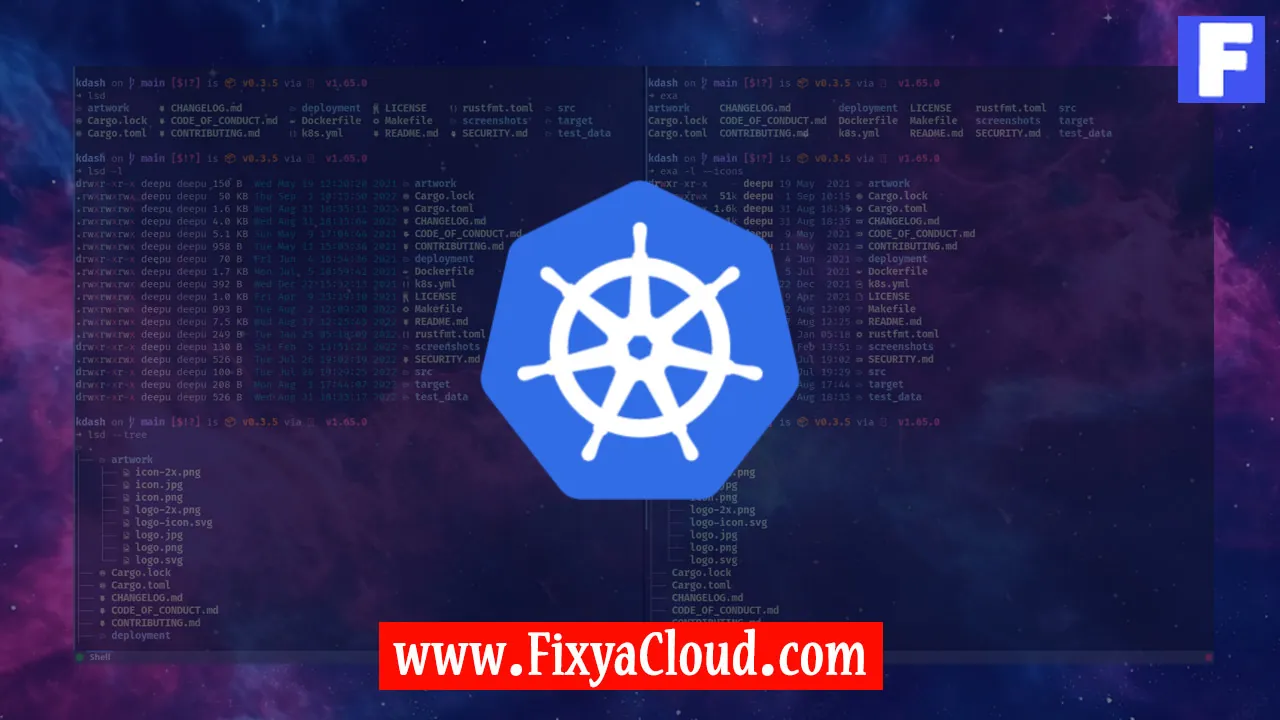How to Configure Kubernetes Restart Policies

Kubernetes, the powerful container orchestration platform, provides a robust system for managing and deploying containerized applications. One essential aspect of ensuring the reliability and availability of your applications is understanding and configuring restart policies. In this guide, we'll delve into the intricacies of Kubernetes restart policies, exploring how they work and how to configure them effectively.
Understanding Kubernetes Restart Policies
Kubernetes restart policies dictate the behavior of container restarts within a pod. Pods are the smallest deployable units in Kubernetes, representing a single instance of a running process. When a pod contains multiple containers, each container may have its own restart policy. Kubernetes supports two primary restart policies:
1. Always
The "Always" restart policy instructs Kubernetes to restart the container regardless of the exit status. This means that if the container exits successfully or encounters an error, Kubernetes will promptly restart it.
2. OnFailure
The "OnFailure" restart policy, on the other hand, directs Kubernetes to restart the container only if it terminates with a non-zero exit code. If the container exits successfully (with a zero exit code), Kubernetes considers the job done and doesn't initiate a restart.
Configuring Restart Policies
Configuring restart policies in Kubernetes is a straightforward process. Here's a step-by-step guide:
Step 1: Examine Existing Pod Configuration
Before making changes, it's essential to understand the current configuration of your pod. Use the following command to inspect the pod configuration:
kubectl get pod <pod-name> -o yaml
Replace <pod-name> with the actual name of your pod.
Step 2: Identify Container Restart Policies
Within the pod configuration, locate the containers section. Each container will have a restartPolicy field, indicating its restart policy. Here's an example:
containers:
- name: my-container
image: my-image:latest
restartPolicy: Always
Step 3: Update Restart Policy
To change the restart policy, edit the pod configuration file or use the following command:
kubectl patch pod <pod-name> -p '{"spec":{"containers":[{"name":"my-container","restartPolicy":"OnFailure"}]}}'
Replace <pod-name> and "my-container" with your actual pod name and container name.
More Examples
Example 1: Apply Restart Policy to a Deployment
You can also set restart policies for deployments. Consider the following example:
apiVersion: apps/v1
kind: Deployment
metadata:
name: my-deployment
spec:
replicas: 3
template:
spec:
containers:
- name: my-container
image: my-image:latest
restartPolicy: OnFailure
Example 2: Pod with Multiple Containers
For pods with multiple containers, each container can have its own restart policy:
containers:
- name: container-1
image: image-1:latest
restartPolicy: OnFailure
- name: container-2
image: image-2:latest
restartPolicy: Always
Related Searches and Questions asked:
That's it for this topic, Hope this article is useful. Thanks for Visiting us.
